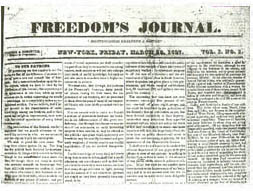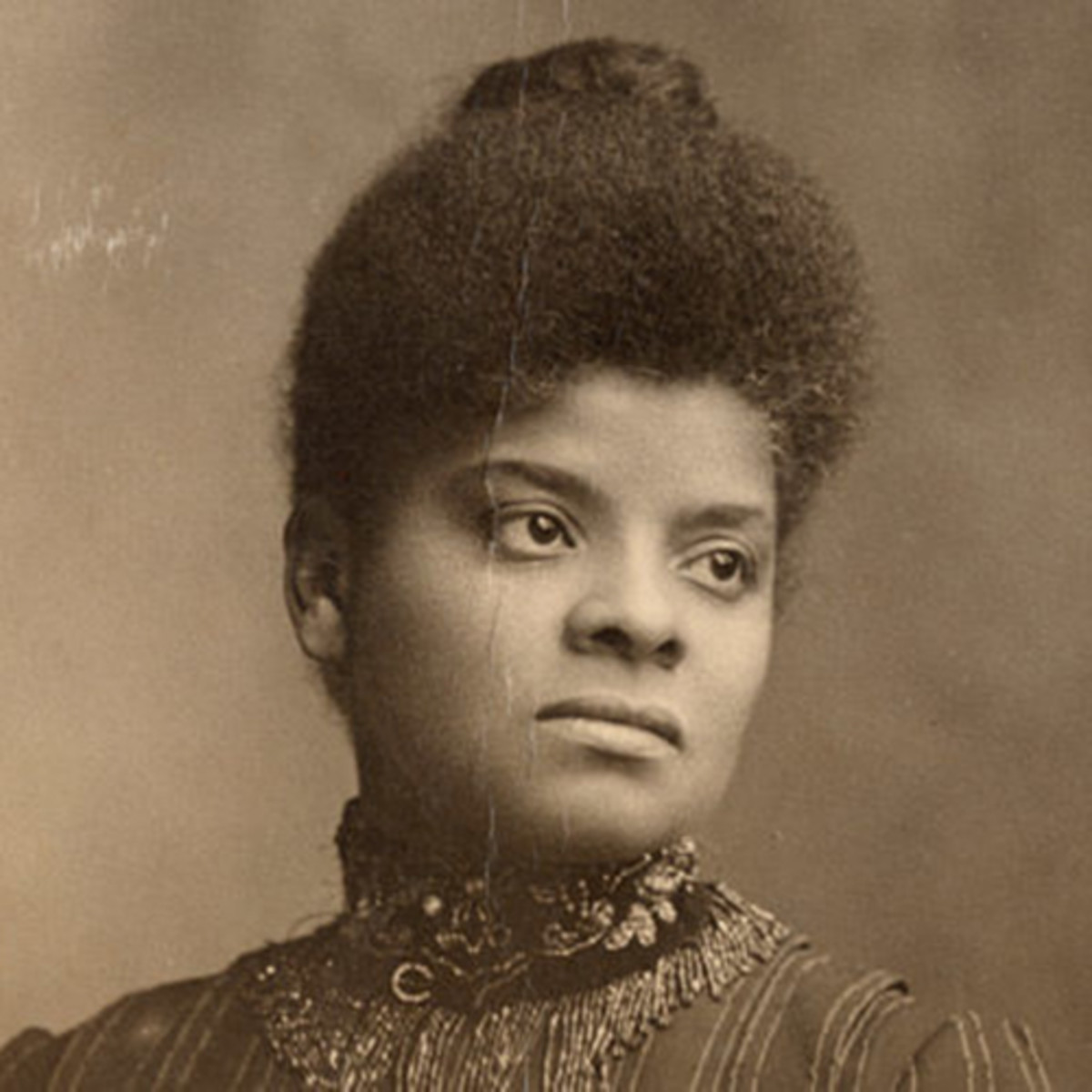History of The Black Press
The Black Press originated in New York in 1827 and extended to other states between the mid- and late nineteenth century to the early twentieth century. Prior to the abolition of slavery, enslaved African Americans were barred from literacy, although some learned surreptitiously. After the Civil War, newly liberated African Americans took advantage of the opportunity to read and write.
Photo courtesy of: nbcnews.com
Mission of The Black Press
The Black Press had a plethora of goals. One of their goals was to use their journalistic platforms to give a voice to the African American communities, who for so long did not have a voice.
In the pre-Civil War era, there were northern newspapers who advocated for their rights, as well as an end to slavery. Black journalists, however, wanted their stories and experiences to be told from their own perspectives as opposed to other parties speaking for them.
Photo courtesy of: coloredconventions.org
Although many black press faced ridicule and threats for using writing to speak out against oppression, they did not allow it to become a deterrent in advocating for their rights. In the early years of The Black Press, writers and publishers tended to avoid the topic of slavery to an extent.
Aside from the rare occassions where they did address slavery, The Black Press mainly focused on highlighting the lives of newly freed African Americans. Some of the topics they incorporated in news articles were geared towards political, social, and economic advancement, as well as different functions within black schools and churches.
Part of the intent behind this was to depict the progress made by free black people and how they were finally able to enjoy their lives. Furthermore, The Black Press used this information as examples of how black people could succeed with new educational and employment opportunities.
The target audiences of The Black Press were primarily black intellectuals and middle-class black people. Another objective of The Black Press was to denounce crimes against innocent African Americans.
For example, The Black Press contradicted false allegations against black men who were either wrongly lynched or faced threats of lynchings by white terrorists. To elaborate on that point, The Black Press openly denounced racially motivated crimes against African Americans that white newspapers either turned a blind eye to or otherwise condoned. Some of these crimes consisted of lynchings and race riots in the early 1900s.
Freedom Journal
Photo courtesy of: pbs.org
The Freedom Journal was the first black newspaper established in U.S. history. John B. Russwurm and Samuel E. Cornish were the editors of the newspaper.
During its two-year existence, The Freedom Journal promoted Black businesses and expressed the importance of African Americans exercising their right to vote. Subscriptions to the The Freedom Journal were fairly cheap with a total of $3.00 per year. It also discussed events occuring abroad, such as in Haiti and Sierra Leone.
The People's Advocate
Photo courtesy of: depts.washington.edu
The People's Advocate was an eight-year newspaper developed in Lewis County, Washington through the Populist Party. The People's Advocate typically detailed political and economic issues affecting denizens of Lewis County.
Subscription to the newspaper was $1.25 each year. In the 1890s, a majority of content in The People's Advocate centered around upcoming elections.
The Populist Party, also referred to as The People's party endorsed their candidates through The People's Advocate. This strategy had a monumental effect on the outcome of the election, as a grand total of 23 Populist legislators were elected in Olympia.
My Commentary
The Black Press is one of the most historical additions in the Journalism industry. With African Americans being the minority in this country, it is imperative that our voices are heard.
I now feel inspired to continue help tell the stories of black people in America. When I told one of my friends last year about my ambition to become a talk show host, she suggested that I start by doing a show regarding the lives and experiences of HPU students. I might just do that next year.
It will be a great way to help the black community on my college campus in addition to catapulting myself to the next level in my career. Sounds like a win-win situation, right? I also learned through my research of the Freedom Journal that slavery in New York ended in 1827.
Prior to my research, I did not know that slavery once existed in New York. I guess you learn something new every day, right?
I find it fascinating too that the first black newspaper was established in New York. It definitely makes sense considering New York is one of or if not the most progressive state in the country.
My father also told me a few years ago that it was among the best states for black people to be successful. Below are a few visuals of black journalists I would like to emulate.
Photo courtesy of: biography.com
Sources: https://www.pbs.org/blackpress/news_bios/newbios/nwsppr/freedom/freedom.html
https://newsreel.org/guides/blackpress/toolong.htmhttps://depts.washington.edu/labhist/laborpress/Peoples_Advocate.htm










No comments:
Post a Comment